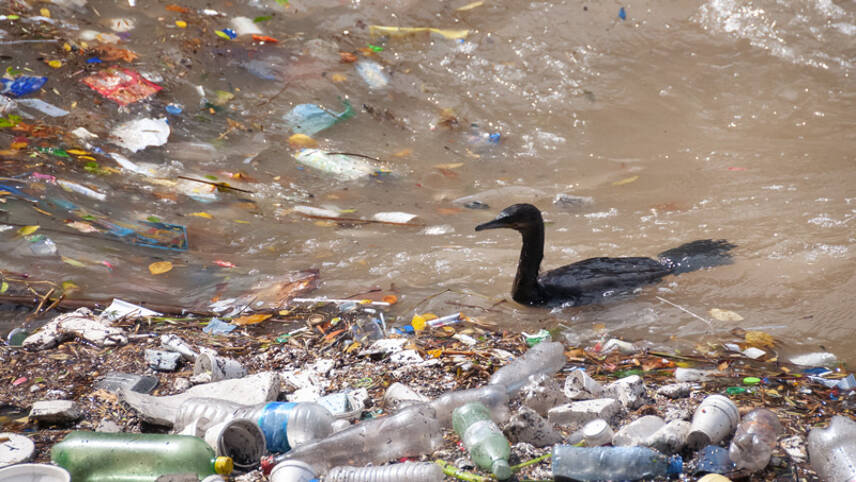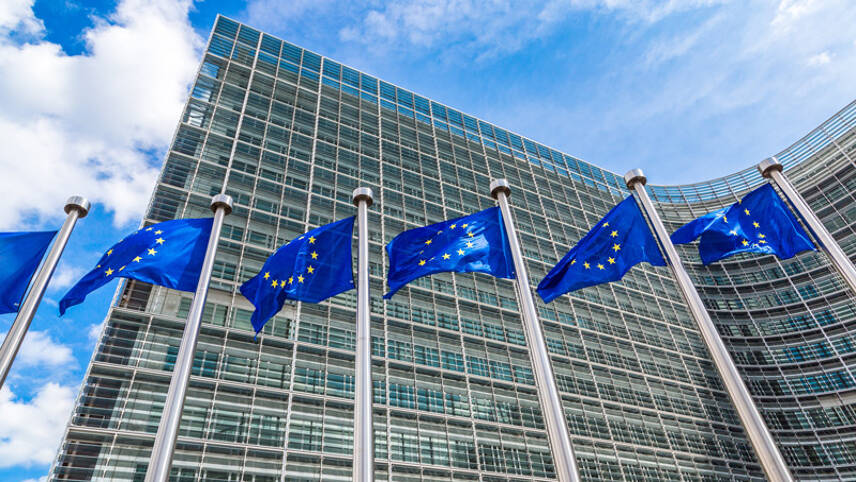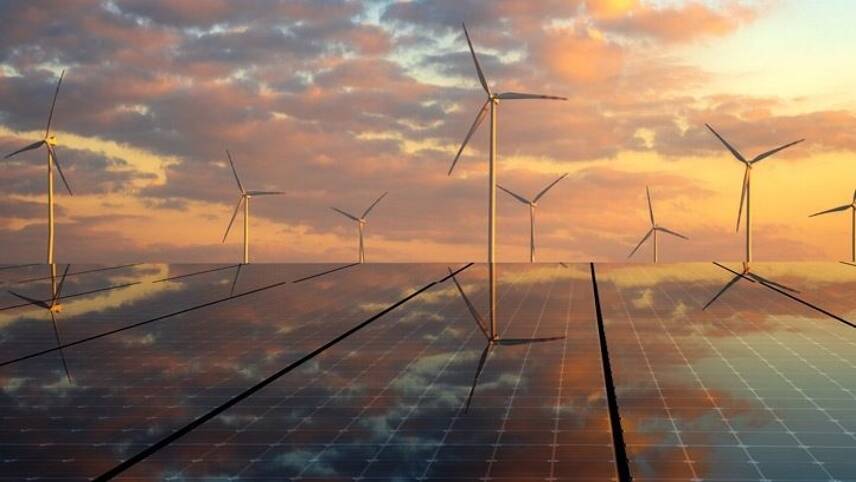WOBO thanks edie for an insight into global activity.

Plastics treaty: Nations agree to publish draft this year
After a week of negotiations plagued by disputes, more than 165 nations have agreed to develop and publish the first draft of a global treaty to end plastic pollution before this November.
Country negotiators have been in Paris this week for the second round of talks on the UN-backed treaty, following on from the agreement of broad terms last year.
It had been agreed, last year, that nations would work towards a treaty covering all parts of the plastics lifecycle – including upstream. In other words, the resulting commitment should involve reducing production of certain plastics, not just scaling up waste management systems.
But observers of this week’s talks have stated that, at times, backtracking looked likely as some parties with “vested interests” in continuing fossil fuel production intervened. Nations including China, Russia and Saudi Arabia led objections to the treaty decisions being made by a majority rather than a consensus.
Greenpeace USA has stated that the week made clear that “oil producing countries and the fossil fuel industry will do everything in their power to weaken the treaty and delay the process”.

Electricity System Operator announces reforms to speed up grid connections for energy projects
The UK’s Energy System Operator (ESO) has announced plans to accelerate energy project connections to the electricity grid, stating that some will be able to connect up to 10 years earlier.
The ESO has today (2 June) written to relevant parties that are attempting to connect projects to the transmission system, asking for progress updates. Responses will be used to inform which projects could connect to the grid more quickly.
The ESO will enable certain projects to “skip the queue” in a bid to get more energy-generating capacity online. The ESO will consider points such as how much finance has been raised for the project, whether land has been purchased and planning permission has been agreed.
Electricity System Operator, is today introducing targeted further reforms, which build on its five-point plan, to speed up connections to the electricity grid.

EU Parliament agrees on new corporate due diligence law despite right-wing pushback
Despite last-minute pushback against key parts of the text, EU lawmakers have adopted a common position on the proposed EU rules to make companies accountable for human rights and environmental violations along their value chains, opening the way for negotiations with member states.
On Thursday (1 June), a majority of MEPs voted in favour of the report defining the European Parliament’s position on the new rules, largely backing a compromise deal reached by the legal affairs committee in April.
The vote was overall welcomed by many MEPs and civil society organisations, who have long supported the proposed EU corporate sustainability due diligence directive (CSDDD) to ensure EU companies prevent, identify and mitigate adverse human rights and environmental impacts along their value chain.

World set to add ‘record-breaking’ levels of renewables this year
Renewable technologies like wind and solar are set for their largest ever annual capacity increase, with European nations alone saving €100bn over the last two years by reducing fossil fuel generation through new clean power additions.
New research published on Thursday (1 June) from the International Energy Agency (IEA) found that renewable power capacity is expected to increase by 33% this year – a new record.
Total renewable electricity capacity looks set to rise to 4,500GW, which is equal to the total power output of the world’s two largest polluters, China and the US, combined. Capacity additions in 2023 will increase by 107GW, the largest recorded increase ever, to more than 440GW in 2023.
The increase will be led by solar and wind and nations move to combat rising energy costs and improve energy security following Russia’s invasion of Ukraine.

‘Alarming’: Businesses rank keeping 1.5C alive bottom of COP28 priorities
With six months to go until COP28 in Dubai, a survey has revealed that most businesses do not see pushing for the summit to keep the Paris Agreement’s 1.5C target within reach as a priority.
The survey polled the largest 100 businesses in terms of revenue across 14 countries in Europe, the Middle East, Africa and the Asia-Pacific region. It also included qualitative interviews with more than 1,300 of these businesses.
In these latter interviews, just 5% of the companies mentioned keeping 1.5C alive as a key priority theme for COP28. 1.5C is the more ambitious of the Paris Agreement’s two temperature goals.
In comparison, 20% of the companies mentioned clean technology and 30% argued that they would like greater private sector engagement with the COP proceedings.
When it came to quantitative research, in which businesses were asked to rank six COP28 priorities, private sector engagement was consistently chosen as the top priority, and keeping 1.5C alive was, in addition to being chosen as number one the least frequently, consistently ranked last.
